
Director of Photography
When a politician is killed, a journalist discovers that a member of parliament had the man assassinated. As his editor digs deeper, the complicity of higher-placed politicians comes to the surface, which leads to riots in one town and an attempt to suppress his story.

Director of Photography
Divided into three parts — The Awakening, The Struggle, and Freedom — this is a biographical film on Pandit Jawaharlal Nehru, the first Prime Minister of independent India. Relying on Nehru's writings and speeches, the film traces the evolution of Nehru from his birth through his life. It also deals with the effect of history on Nehru and in turn his impact on the world.

Director of Photography
In the time frame of a single day (from dawn to dust), the film records the wanderings of an Indian youth who sleeps on the beach, holds conversations with a statue of Mahatma Gandhi, and scavenges for food with his monkey. By afternoon, a little ceremony is held by well-to-do Gandhi-ites, at which a speaker delivers a sermon on "godly love"; but when the boy comes too close, he is told to move on by a guard, one of a series of exclusions of this onlooker-outcast.

Director of Photography
An English novelist travels to Bombay to watch one of her novels translated to film. She chases after the movie's leading man while the screenwriter chases after her.
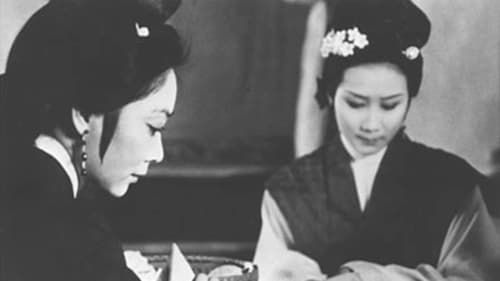
Director of Photography
A widow upholds feudal virtue by suppressing her love for a cavalry captain in favor of her daughter.

Director of Photography
Britain's top pop artiste, Tom Pickle, travels to Bombay, India, circa 1960s to learn to play the sitar from renowned maestro Ustad Zafar Khan.

Self
In 1967, Canadian documentarian James Beveridge traveled to Kolkata to film director Satyajit Ray at work. The resulting program, produced for the American public television series “The Creative Person,” features interviews with Ray, several of his actors and crew members, and film critic Chidananda Das Gupta.

Director of Photography
Arindam, a matinee idol, is going by train to collect an acting award. On the train, he is confronted by Aditi, a journalist who somewhat unwillingly starts to take his interview. Arindam, won over by Aditi's naivete, starts to disclose his past, his fears and his secrets.
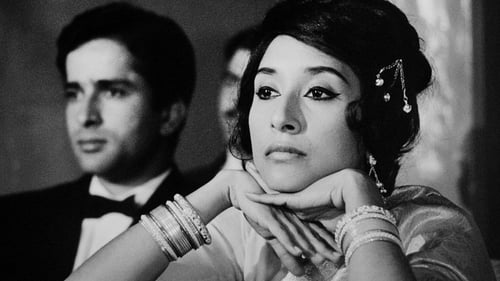
Director of Photography
The story of a family troupe of English actors who travel around the towns and villages in India giving performances of Shakespearean plays. Through their travels we see the changing face of India as the old is replaced by the new, Maharajas become hotel owners, sports become more important than culture and the theater is replaced by Bollywood movies. Based on the travels of Geoffrey Kendal with his daughter Felicity Kendal.
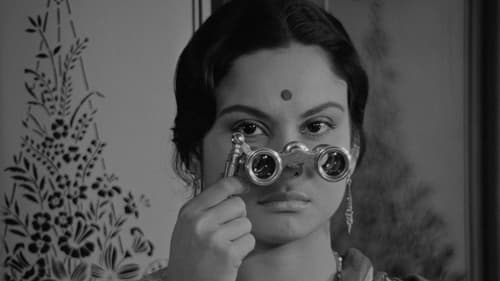
Director of Photography
Basada en un relato de Rabindranath Tagore ambientado a finales del siglo XIX, cuando la India era todavía una colonia inglesa. Charu, una mujer de la alta sociedad bengalí que lleva una vida ociosa, está casada con Bhupati. Éste, que ha heredado una fortuna, utiliza su dinero para publicar un periódico político, y se siente orgulloso de no haberse dejado arrastrar por la comodidad y la desidia.

Director of Photography
Follows the fortunes of a young teacher, Prem, who isn't ready to take on the responsibilities of his arranged marriage.

Director of Photography
En Calcuta, Subrata Majumdar se esfuerza por mantener a su familia (esposa, hijo, hermana menor y padres) con el modesto e insuficiente sueldo que percibe como empleado de banca. Dadas las circunstancias, su esposa Arati plantea la posibilidad de ponerse a trabajar, pero Subrata lo descarta como algo contrario a la tradición familiar india. Sin embargo, al final, no tendrá más remedio que aceptar la necesidad de que Arati trabaje. (FILMAFFINITY)

Director of Photography
Una acaudalada familia de Calcuta está disfrutando su último día de vacaciones en Darjeeling, una colina a los pies del Monte Kanchenjungha, la segunda cumbre más alta de Himalaya. Los miembros de la familia están dominados por el padre, Indranath (Chhabi Biswas), un empresario. Èl quiere que su hija se case con un hombre que él mismo ha elegido; sólo espera que ese hombre tenga la oportunidad de quedarse a solas con su hija para declararle su amor.
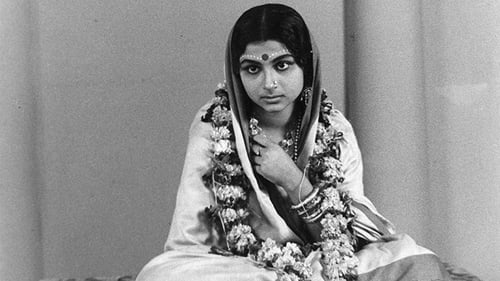
Director of Photography
La joven Doyamoyee llega a ser considerada como una divinidad cuando su suegro, un poderoso señor feudal, sueña que ella es la encarnación de la diosa Kali.
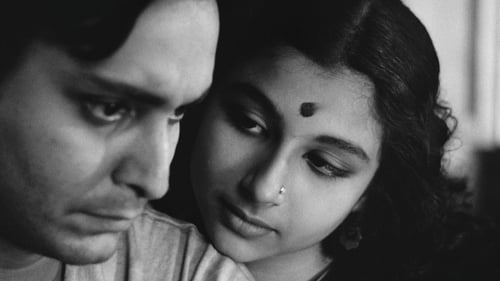
Director of Photography
Apu, que ha logrado trágicamente su ansiada independencia, siente reforzada su ansia de conocimiento. Sus deseos de escribir, soñar y amar parecen cumplirse cuando conoce a Aparna y se casa con ella. Tercera y última parte de la "trilogía de Apu".
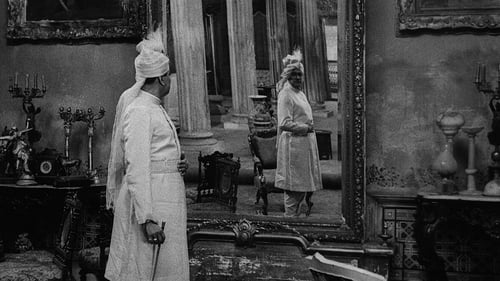
Director of Photography
Principios del siglo XX. En un palacio de Bengala, un terrateniente, al oír la música de la fiesta que celebra su arrogante vecino con motivo de la iniciación de su hijo, recuerda el gran recital que organizó con motivo de la de su propio hijo, así como los importantes acontecimientos que sucedieron después en su vida.

Director of Photography
En Calcuta, un modesto y mal pagado dependiente descubre una piedra que convierte en oro cualquier pieza de metal con sólo tocarla. Cuando llega a casa se la muestra a su mujer, y en poco tiempo se convierten en uno de los matrimonios más ricos de la ciudad, llevando un lujoso tren de vida y acudiendo a reuniones sociales y políticas de la alta sociedad...
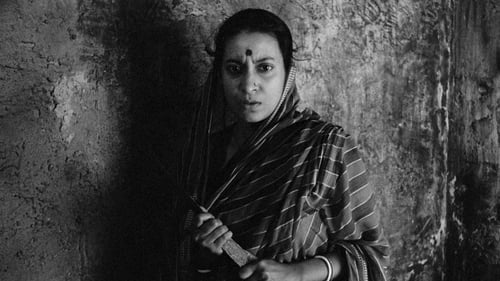
Director of Photography
Relata la juventud de Apu en Benarés, su deseo de independizarse y estudiar en Calcuta para poder llevar una vida diferente a la que han conocido sus padres. Segundo film de la "Trilogía de Apu".
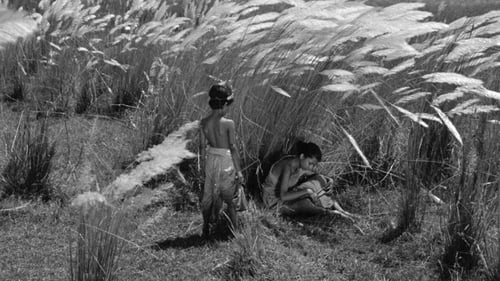
Director of Photography
Narra la historia de una familia bengalí acuciada por la mala suerte. El padre, Harihara, es un sacerdote seglar, curandero, soñador y poeta. Sabajaya, la madre, trabaja para alimentar a su familia, que recibe con alegría y esperanza la llegada de un nuevo hijo, Apu. Es el primer film de "La trilogía de Apu".


















